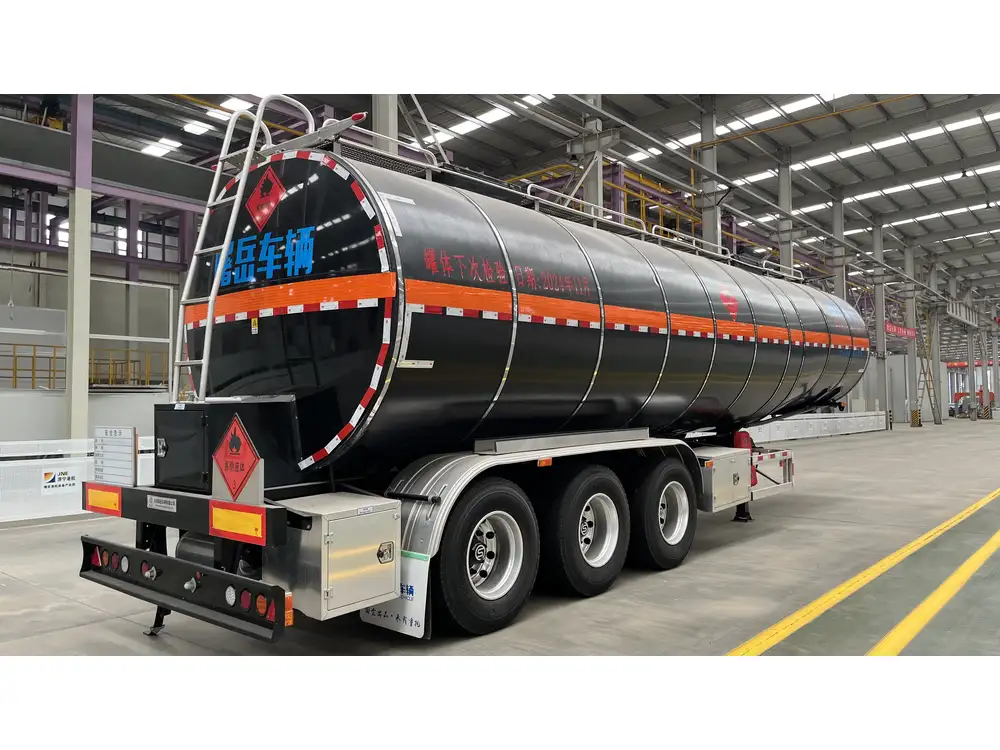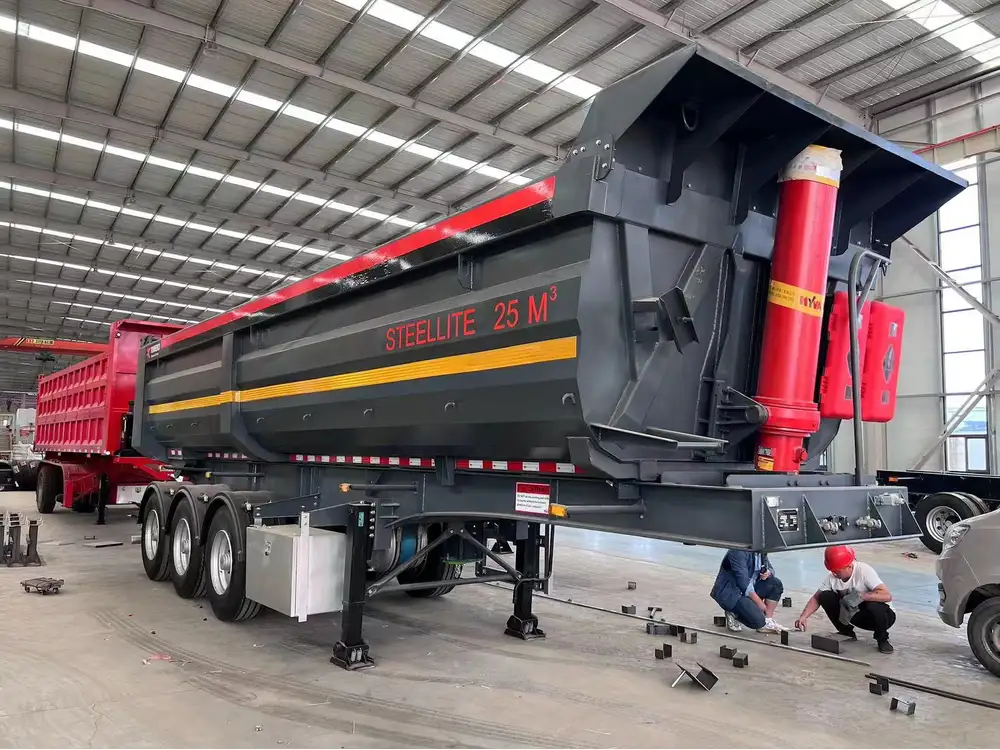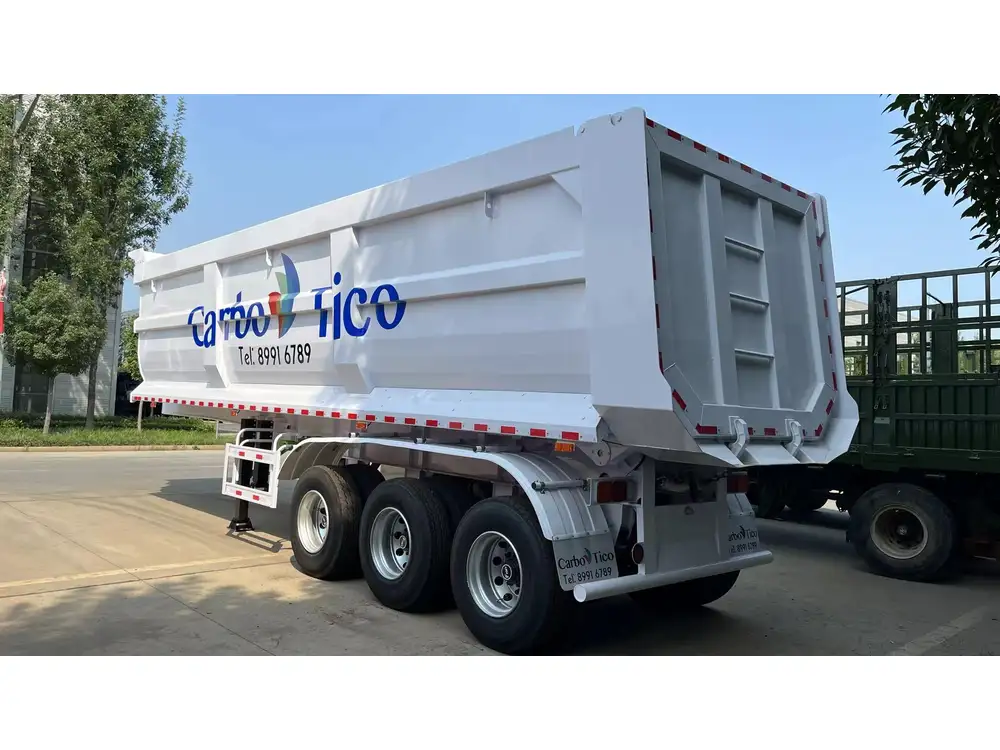When it comes to managing waste, one question looms large among those dealing with debris removal: Can you dump a trailer off at the dump? This inquiry, while straightforward, leads us into a multifaceted discussion about waste management, regulations, and procedures associated with dumping trailers at landfills. In this detailed article, we will unpack the complexities surrounding this issue, ensuring you have all the necessary insights to navigate the process effectively.
Understanding Waste Management Regulations
1. Permitted Waste Types
Before you contemplate dumping a trailer at the dump, it’s crucial to understand what types of waste are permitted. Many landfills have strict guidelines regarding:
- Household Waste: General trash, such as food waste, packaging, and textiles.
- Construction Debris: Wood, drywall, and other materials from renovations.
- Green Waste: Yard clippings, branches, and organic material.
- Hazardous Waste: Items like paints, chemicals, and batteries typically require specialized disposal methods and are not allowed in standard landfills.

Table 1: Common Types of Waste Allowed at Landfills
| Waste Type | Allowed? | Special Regulations |
|---|---|---|
| Household Waste | Yes | Must be bagged or contained |
| Construction Debris | Sometimes | Limited quantity; check local laws |
| Green Waste | Yes | Typically composted on-site |
| Hazardous Waste | No | Requires drop-off at designated locations |
2. Location Regulations
Location matters significantly. Various municipalities and counties impose different regulations on waste disposal. As such, before loading your trailer, ensure it aligns with local guidelines. For instance, some areas may have restrictions on trailer sizes allowed for dumping. Visit your local landfill’s website or contact them directly for specifics on size limits and waste acceptance.
Preparing to Dump a Trailer

1. Assessing Your Load
Prior to heading to the landfill, it’s critical to take stock of what you intend to dump. This can prevent last-minute surprises or turnarounds. Consider the following:
- Weight Limit: Most landfills have weight limits for trailers. Ensure your load doesn’t exceed that limit; otherwise, you may face additional fees or be turned away.
- Load Segregation: For mixed loads, separate recyclables from general waste. This practice can simplify the disposal process and might even reduce your fees.
Checklist for Load Preparation
- Check local dumping regulations
- Calculate total weight of your trailer
- Separate recyclable materials
- Secure items in your trailer to prevent spillage during transport
2. Trailer Preparation
Making sure your trailer is ready not only aids in the smooth processing of your waste but also ensures compliance with regulations. Check for:
- Tires Condition: Ensure tires are adequately inflated and in good working condition.
- Lights and Signals: Verify that your trailer’s lights work, which is essential for safety during transit.
- Secured Load: All materials should be properly secured to prevent pieces from falling off during transit.

At the Landfill: The Dumping Process
1. Arrival at the Dump
Upon arriving at the landfill, follow designated signage directing you to the correct disposal area. Typically, facilities have different zones based on the waste type:
- Residential Drop Off: For household waste and small loads.
- Construction/Commercial Area: For larger debris from construction projects.
- Recycling Facility: For segregated recyclable materials.
2. Check-In Process
Most landfills require you to check in before dumping. Expect the following:
- Documentation: You may need to present identification and proof of residency.
- Weight Check: Your trailer could be weighed before and after disposal, so be prepared for this step.

3. Dumping Your Load
Once in the appropriate zone, proceed to dump your load. Follow these best practices:
- Distance from Other Vehicles: Maintain a safe distance from other dumping vehicles.
- Observance of Signals: Adhere to staff directions and posted signs for clear and safe dumping.
Common Pitfalls to Avoid
- Not securing your trailer properly, leading to spills.
- Arriving at peak hours and facing long wait times.
- Dumping prohibited items, risking fines.
Potential Issues and Solutions

1. Fees and Costs
Be aware that many landfills charge fee structures based on different factors. Here’s a brief overview of what to expect:
- Weight Fees: Charge based on the total weight of the waste.
- Transfer Station Fees: If your waste requires a transfer station before reaching a landfill, additional fees could apply.
- Specialty Item Fees: Fees for hazardous materials or bulky items.
2. Time Constraints
The disposal process can consume a significant amount of time. To optimize your experience:
- Avoid Peak Days: Mondays and weekends tend to be busiest.
- Plan Your Route: Familiarize yourself with the quickest and most efficient route to the landfill.
3. Environmental Considerations
Increasingly, landfills are scrutinized for their environmental impact. Thus, consider:
- Recycling Options: Before deciding to dump, assess if recycling is a feasible alternative for certain materials.
- Eco-Friendly Disposal: Some towns offer green waste programs to promote sustainability. Engage with these options whenever possible.

List of Alternative Disposal Options
- Recycling Centers: Often free for accepted items.
- Yard Waste Drop-Offs: Generally free for residents.
- Community Clean-Up Events: Occasionally organized by municipalities.
- Donation Centers: For reusable items in good condition.
Conclusion: Making the Right Decision
Navigating the intricacies of dumping a trailer at the dump is far more complicated than it first appears. Understanding local regulations, preparing your trailer and load adequately, and being aware of potential fees can streamline the process considerably.
Consider not just the immediate need to dump your trailer’s contents but also the broader implications of waste disposal. Whether through recycling, community programs, or responsible landfill use, the choices you make can significantly influence both your local environment and community resources.
In the end, the question “Can you dump a trailer off at the dump?” is not merely about yes or no; it’s a rich inquiry that encompasses regulations, environmental stewardship, financial implications, and community engagement. Equip yourself with knowledge and make the best decision to ensure a smooth waste disposal experience.



